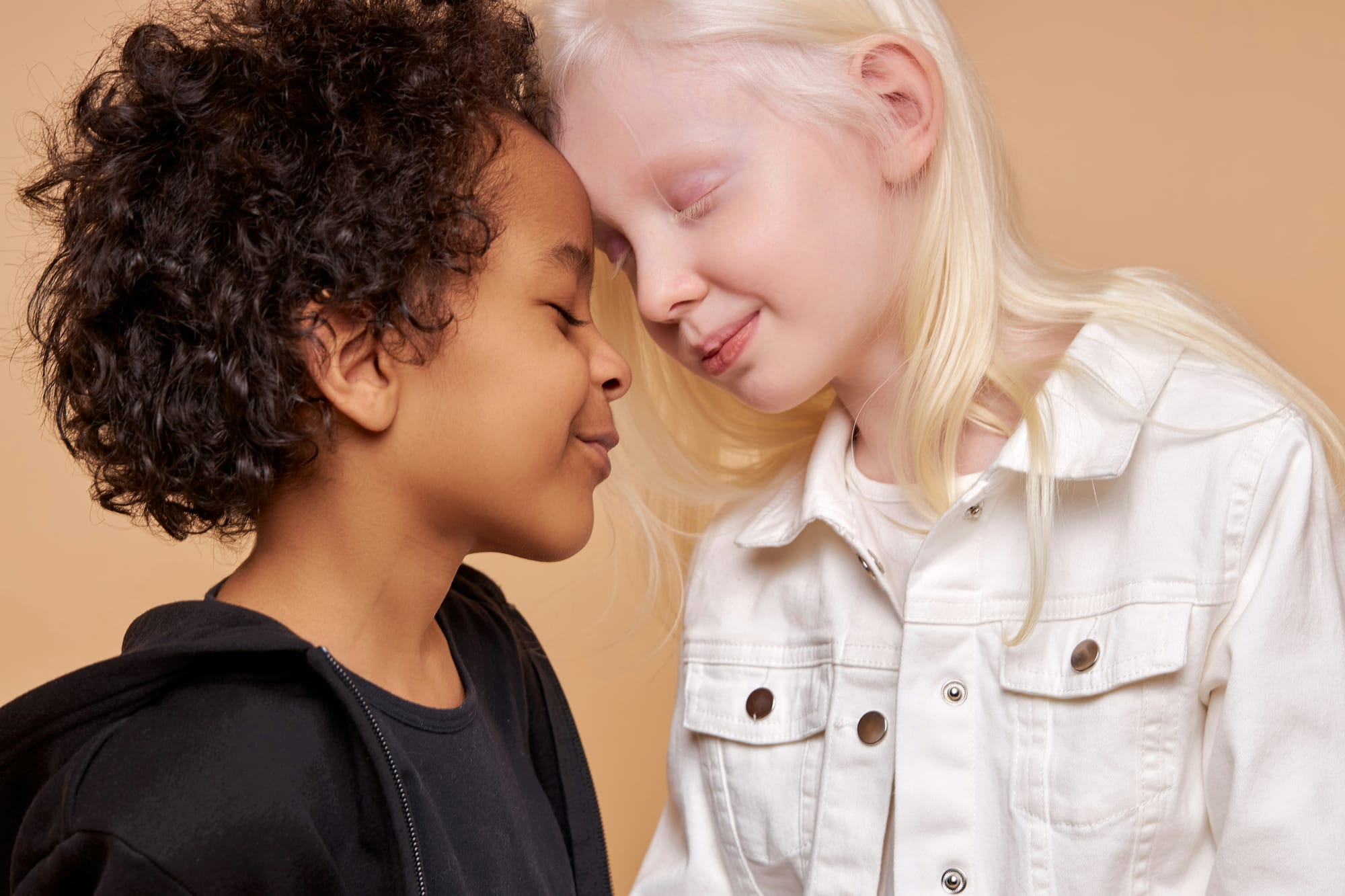Is contempt OK? What to tell the grandchildren

I just read—and recommend!—philosopher Krista Thomason’s new book, Dancing with the Devil: Why Bad Feelings Make Life Good. Thomason entertainingly argues that “negative emotions” like anger, envy, and spite get a bad rap: Actually, she says, negative emotions (mostly) do the good work of shoring up self-respect, self-preservation, or healthy self-interest. I happily appreciated her reasoning and astute observations until I got to the chapter on contempt. Then I pulled up short to wonder whether an accepting attitude toward contempt was what I wanted for myself and my adult children and grandchildren. Did I want myself or my adult kids or grandkids being OK feeling or expressing contempt toward other people or new ideas? Did I want to accept the ubiquitous contempt in our political discourse? Did I want myself or my grandchildren to turn contempt on themselves? I decided no (!). But not before I learned a lot from what Thomason has to say.
So what is contempt? Per Thomason: “Like envy, [contempt is] an emotion that involves comparison, and the contemptible person comes up short. We see the contemptible person as beneath us or beneath whatever standard we are comparing them to. The expressions of contempt communicate the low status of the contemptible person: we look down our noses, tell them they aren’t worth our time, or we simply turn our backs on them and walk away.”

Why contempt can be useful
As Thomason explains, some philosophers have argued that contempt is personally and socially useful because it shuns people who deserve shunning—our contempt is righteous. Contempt for rule-breakers or abusers can fall in this category; or for people who fall short of some other standard. But this is NOT Thomason’s reason for defending contempt. Why not? Because our reasons for holding others in contempt can be wrong. Racists are wrong to feel contempt toward people of a different race. College graduates are wrong to harbor contempt for people with less formal education.
So if it isn’t that some others deserve our contempt, what does make contempt acceptable? Thomason says that “Comparing ourselves with others gives us some clue about our progress and gives us some clue about how we’re doing”—it gives us a guidepost to help us grow. She describes her feelings from her yoga class, where (she says) she is one of the worst practitioners, but not the worst. The mild contempt she feels toward a person who is even less accomplished than she is gives her a little boost of self-satisfaction, because in the comparison, she “come[s] out looking better.”
Contempt can also be useful in self-defense: You can adopt “counter-contempt,” in which you have contempt for someone who looks down on or abuses you. Counter-contempt can help you defend yourself against racists or sexists, or help you decide to cut off contact with an abuser.
Notice that Thomason is describing “mild contempt.” This term for everyday comparisons and judgments helped me see that mild contempt is ubiquitous. Or—more accurately—I do it all the time, and I’m guessing that Thomason is right that most people do. From “what a weird outfit,” to “glad I didn’t make that mistake,” to “that driver is an idiot,” the slicing, dicing, judging, and hierarchy-forming of mild contempt hangs out in my mental/emotional background a lot. Recognizing this, I thought maybe I could let myself off the hook because I was simply discerning, not feeling contempt. But a lot of the time, that just isn’t true. There is a glimmer of contemptuous smugness in judging that that coffee, that choir, that art, that kid’s reading, that teen’s essay, is worse, not just different. Comparisons, and the accompanying mild contempt, are probably in part natural, too, given that humans are social animals who need to understand our place in the hierarchy in order to get by.
But neither “ubiquitous” nor “natural” are arguments that contempt should be accepted or encouraged. Thomason’s argument that contempt is personally useful is an argument, and an interesting one. And I think Thomason is right that contempt has the functions she names—even not-so-mild contempt, that undergirds self-esteem by reinforcing tribal identities like Democrat/Republican or (insert the professional, religious, or racial identity of your choice here).

And why I discourage contempt anyway
And this is where I get worried: Not only can contempt be mistaken (Thomason agrees), not only can it inspire actions that are themselves wrong—like inspiring violence (Thomason agrees), but it has three other marks against it: First, it is incompatible with respect; second, like any habit, it can be strengthened—to the detriment of individuals and society; third, it can be turned against yourself, an eventuality that is particularly harmful to young people.
The first mark against contempt is Kantian. Philosopher Immanuel Kant, whose analysis of respect is foundational, says everyone should “Act in such a way that you treat humanity, whether in your own person or the person of any other, never simply as a means but always at the same time as an end.” If you are using someone else’s failures to bolster your own growth or self-esteem, you’re using them as a means and not giving them anything in return. They may not know about it, but you are quietly disrespecting them. And of course, such disrespect can be quite overt, too. Just think about our political discourse! If you don’t agree with Kant, or more generally don’t think respect for others is important, this point won’t convince you. Otherwise, I hope it gives you pause.
My second concern is basically a slippery slope argument. My idea is that the more we practice contempt, and the more we accept its role, the more we will get habituated to feeling it, and inured to its negative effects (those being lack of respect for others, being inspired to bad actions because of it, and turning it against ourselves). Now, slippery slope arguments get a bad rap in philosophy for good reasons. But if you can show why the slope is slippery, and why it’s likely you’ll slide down it, you can plug key holes in your slippery slope argument. And my points in this regard is that we are creatures of habit (why the slope is slippery) and the habit of accepting contemptuousness from ourselves or others builds our contempt muscles (why it’s likely you’ll slide down it). The opposite habit, of building our respect muscles, is the more peaceful choice—better for ourselves and for society.
My third concern draws a different lesson from some of Thomason’s insights than she does: The same observations that show you’re not the worst in the class usually also show that you’re not the best. Thomason thinks that this sorting aspect of contempt can bind us to other people—we’re all in this together. It probably does do this in some circumstances—maybe many! But the other experience, I’m guessing, is similarly common—when you compare yourself, you find yourself lacking, then direct contempt toward yourself (“I’m terrible at yoga”) and decide to give up. Or maybe you keep beating yourself up. As Thomason points out, constant comparison with each other is part of the toxicity of high school—an environment many of our grandchildren have yet to face. And of course, comparison of ourselves to the impossible lives on social media presents us with standards none of us—but most worryingly, children and teens—can live up to.
For these reasons, I am happy to keep contempt on the bad rap list. Most of us won’t be able to get past comparisons, but we can combat our own tendency toward contemptuousness by working to respect others, being curious about rather than dismissive of difference, and finding out more about people or ideas before we judge them. And—very important—we can model all this for our grandchildren. And maybe once in a while, we can gently prod the grandkids away from expressing contempt for others, and certainly against expressing contempt for themselves.